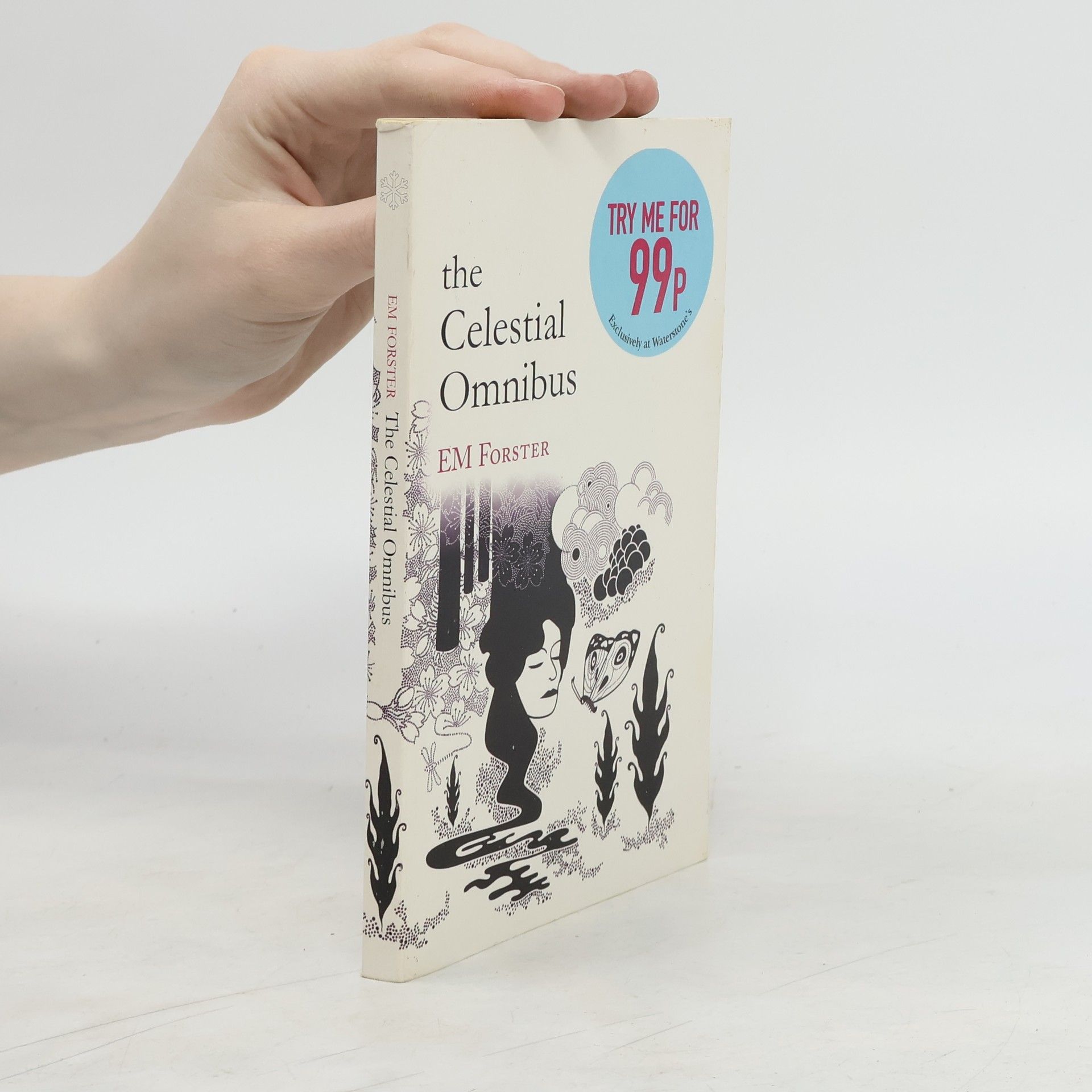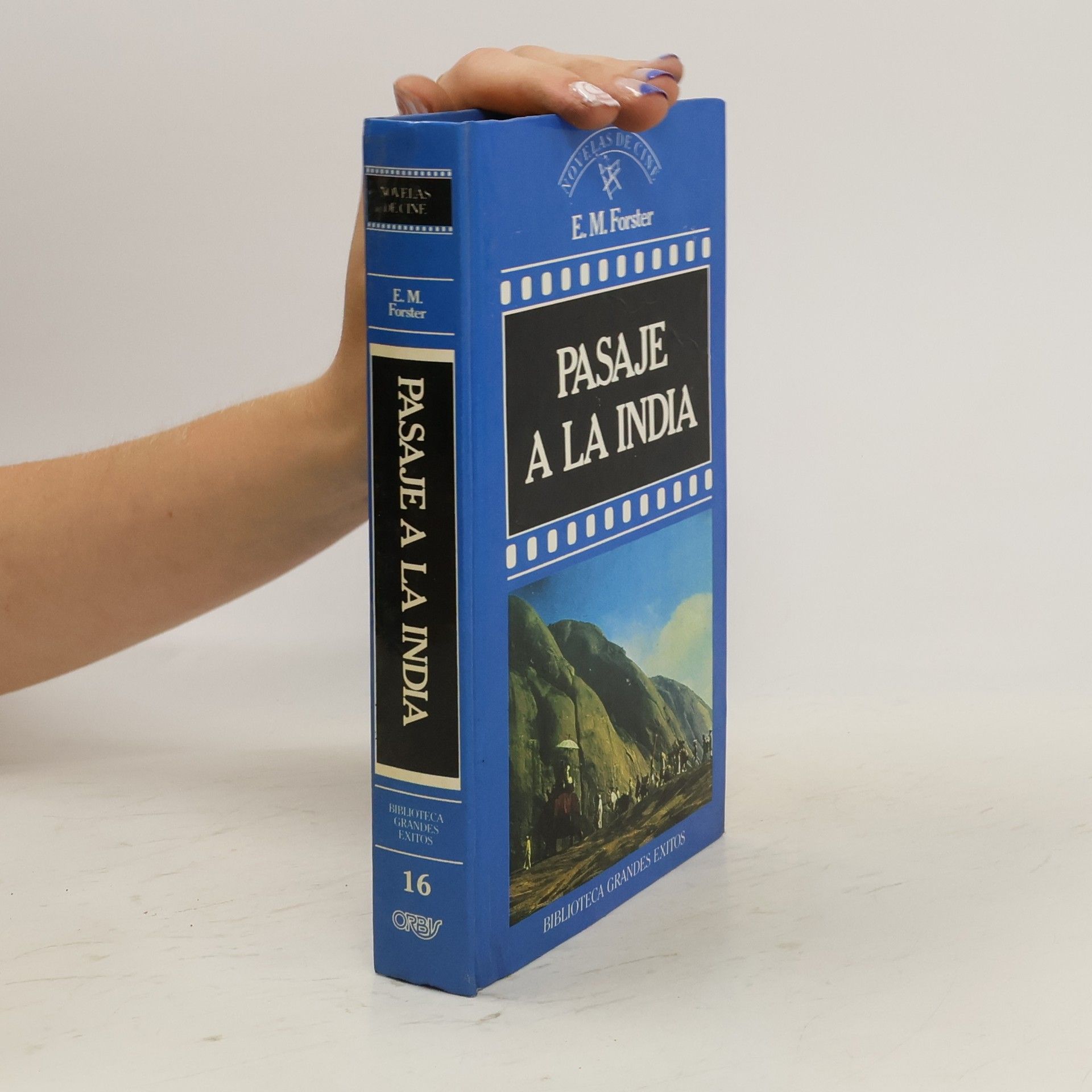Maurice
- 296 páginas
- 11 horas de lectura
Maurice, escrita en 1914 y publicada en 1971, cuenta la difícil adolescencia y juventud de un londinense perteneciente a la burguesía acomodada —cuyo nombre da título a la novela— que descubre de manera imprevista que sus sentimientos no son heterosexuales, sino que van dirigidos a individuos de su propio sexo. La obra está dedicada a «tiempos mejores», o sea, a una época más dichosa que pudiera contempla r sin hostilidad las claves íntimas que laten en sus páginas. La dedicatoria encierra así la intención de un libro delicado y sutil que su autor no se atrevió a publicar en vida, por temor a chocar con el pu ritanismo que imperó en la sociedad británica.








